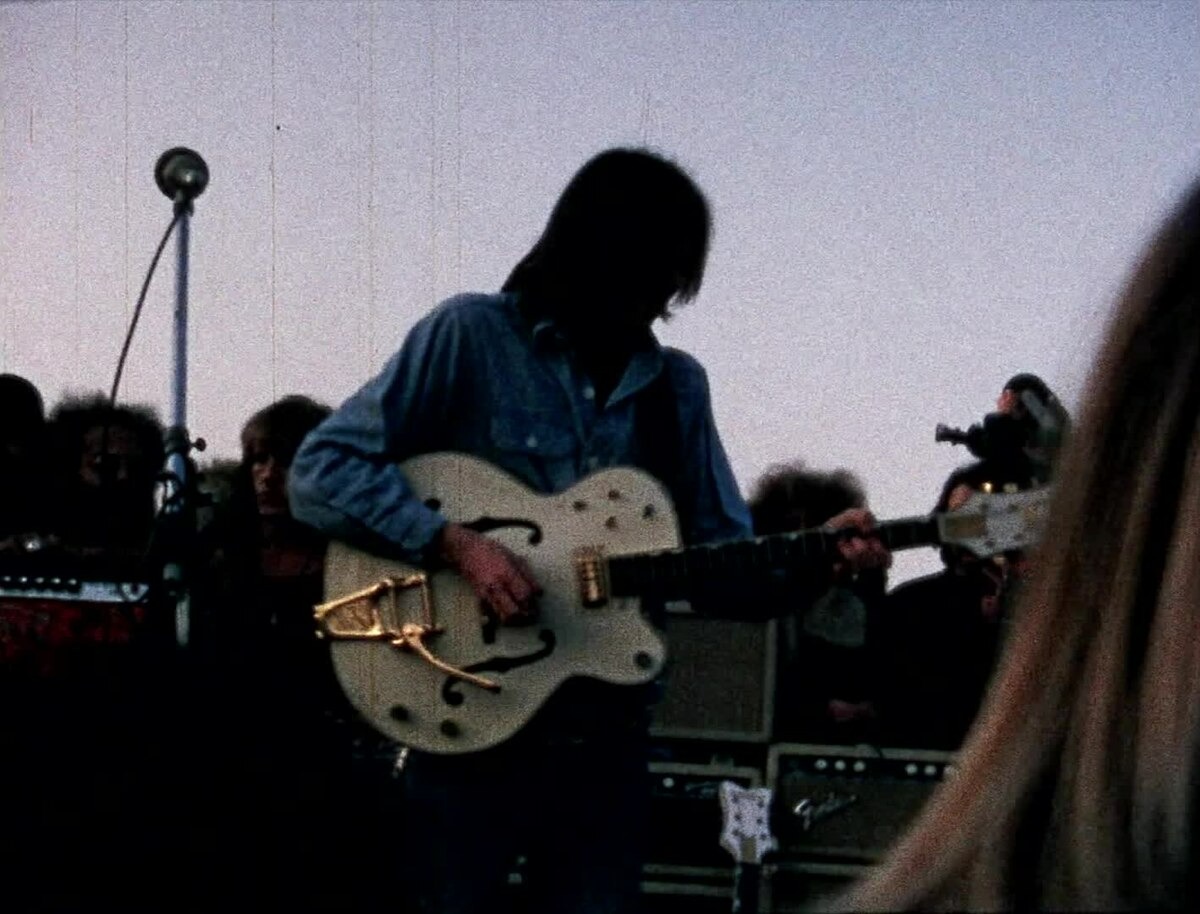Farewell tours usually stick to the greatest hits playbook — same songs, same lyrics, maximum nostalgia. Roger Daltrey just torched that formula. The Who’s frontman has quietly rewritten one of the band’s most poignant songs mid-tour, transforming “The Song Is Over” from melancholic reflection into direct fan appreciation. You won’t find this version on Spotify.
The Deliberate Farewell Gesture
Fan-filmed footage from Newark’s Prudential Center on August 19 captured something unprecedented. Instead of singing the original lines about tears and remembering, Daltrey delivered new lyrics: “The song is over / Thanks for all the years / I’ll always remember / Even if I live for a million years.” The change transforms Pete Townshend’s original lament into gratitude — like replacing a funeral dirge with a toast.
This isn’t improvisation. Multiple shows across The Who’s 16-city North American Farewell Tour feature the same deliberate modification. The tour concludes September 28 in Las Vegas, with only two Milan dates representing their European presence this year.
Key details about this unprecedented farewell:
- First documented at Newark’s Prudential Center on August 19, 2025
- Consistent lyrical changes reported across multiple tour dates
- Tour spans major markets including Boston, New York, Toronto, and Los Angeles
- Pete Townshend has indicated touring no longer inspires him, citing financial motivations
Beyond Standard Rock Farewells
Most legacy acts treat farewell tours like museum exhibits — pristine, untouchable, exactly as you remember. Daltrey’s approach acknowledges the living relationship between performer and audience. According to Ultimate Classic Rock, this modification represents “a direct farewell to fans, expressing gratitude for shared years rather than reflecting on loss.”
The gesture gains weight considering Townshend’s recent comments about touring motivations. When your creative partner openly discusses the business side of rock farewells, changing lyrics to thank fans rather than mourn becomes genuinely meaningful.
This modification echoes how artists choose their final statements. Like Johnny Cash’s haunting “Hurt” cover or David Bowie’s calculated “Blackstar” mystery, Daltrey’s lyrical adjustment shows intentional curation of legacy. You’re witnessing someone actively shape how their story ends — not through new material, but by reimagining the old.
The coverage across established rock journalism outlets underscores this moment’s cultural significance for The Who’s legacy. After six decades of performing, these lyrical changes represent more than nostalgia — they’re a calculated thank you to the fans who made it all possible.


























